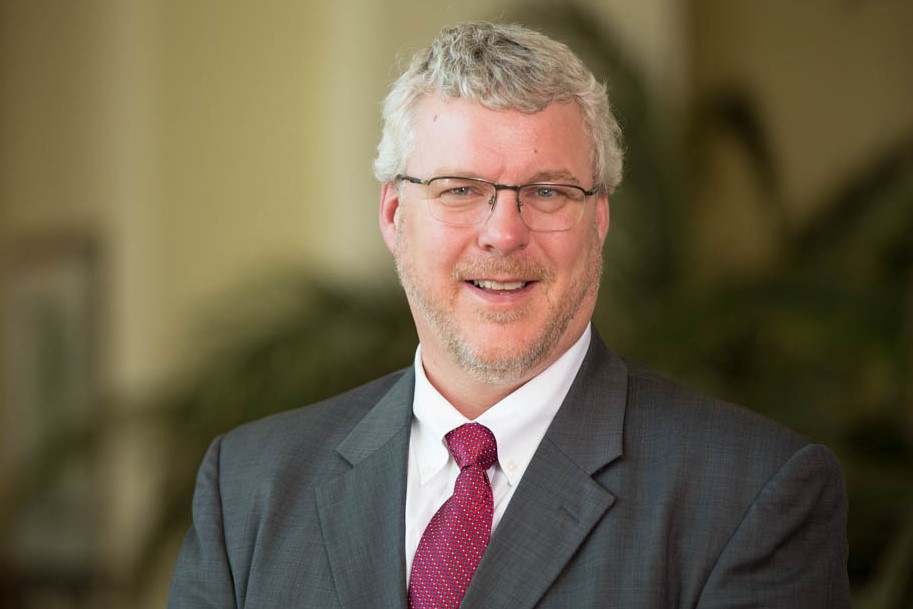Look inward to strengthen our forever-changed region
Thursday, September 10, 2020

Hang in there, Northland. The COVID-19 pandemic and recent civil unrest weren’t in anybody’s strategic plan for the year. Although we’re working through the survival mode we all adopted during the past few months, we’re not out of the woods yet. It’s time to think strategically about how the business community and our citizens can evolve to address equity issues and tackle the growing needs of customers, employees, business owners, and our economy.
The first step is accessing the resources available to support ongoing operations, provide safe work environments, and build toward long-term success. Emergency funding is available today in both Wisconsin and Minnesota. Through the federal CARES Act, our cities and counties have funds specifically earmarked for small-business relief. Businesses in need — regardless of employee count, industry, or size — should be tapping into these resources to sustain operations. In turn, both citizens and businesses can leverage the positive impact of these resources by making every effort to buy local.
The next step is taking a good hard look at your business to determine what’s working and what’s not. How can you shift your focus and transform your business for the long term? As our region, state, and nation work to manage the pandemic, business owners are faced with the reality that things may never be the same. Remote work is essential, and it often requires flexibility. New approaches to hiring, scheduling, and training will build strong, diverse teams. The need to minimize close contact means client engagements will be different. And distancing requirements have changed the way we conduct life, with business meetings, shopping, dining out, or enjoying outdoor amenities all different for the foreseeable future.
At APEX, business recruitment and expansion efforts are forever changed. Site-selection consultants now must visit and evaluate potential new markets virtually. Economic-development organizations have had to adjust our approach accordingly by employing digital, video, and virtual tools.
The APEX team worked through our original 2020 strategic plan and modified it for today’s situation. We evaluated our goals and determined where our efforts need to shift. Our focus areas have been reprioritized so we can support our existing business community and drive economic growth right here. We encourage all business owners to do the same.
The last step to shifting our regional business climate is to encourage investment in the types of projects and industries that drive economic growth: like heavy manufacturing, natural resources, energy, and large industrial projects. Our region depends on a diverse economy, and creating good-paying jobs is key to sustaining business through this pandemic and beyond.
A recent study commissioned by the Duluth Seaway Port Authority revealed that on a per-job basis, the industrial sector generates three times more local tax revenue per job than the rest of the economy. In addition, industrial jobs pay on average 42% more than jobs in the rest of the economy — and with a substantially higher indirect impact.
Please join APEX in supporting the regional industrial and manufacturing sectors. Use your vote to share your voice. Talk with your legislators about the importance of creating family-sustaining jobs. Be vocal about strengthening these sectors so we can come out of the pandemic even stronger.
Brian W. Hanson is president and CEO of APEX (apexgetsbusiness.com), a regional, privately led force for economic development, based in Duluth.
This article was published in the Duluth News Tribune on September 8, 2020.
Category: APEX







